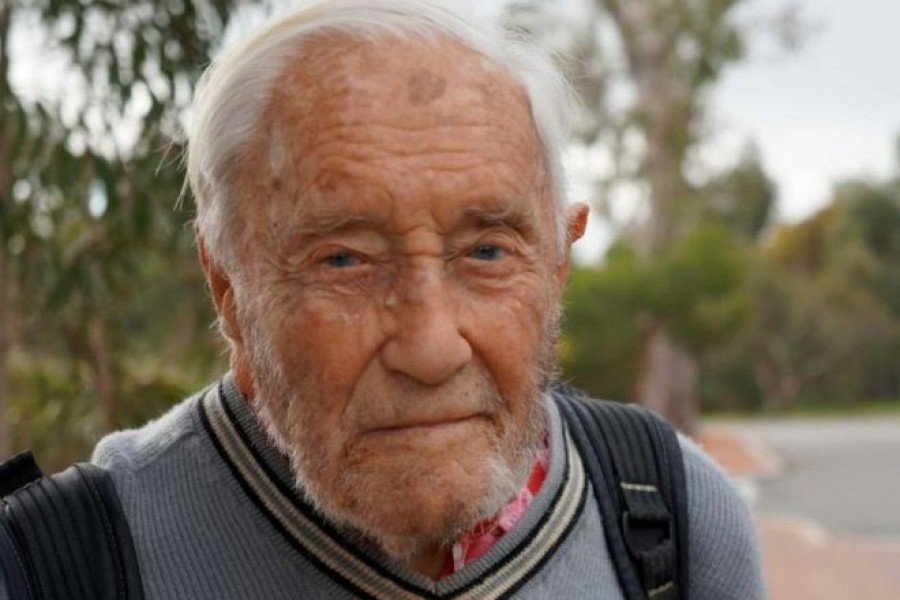Scientist David Goodall, 104, has died after choosing to end his life at a clinic in Switzerland, a right-to-die organisation says.
The lauded London-born ecologist and botanist, who was not terminally ill, said the decision had been driven by his deteriorating quality of life.
Mr Goodall had flown from Australia for his assisted suicide, attracting the attention of people around the world.
In his final public appearance, he said the public interest had surprised him, reports BBC.
"I no longer want to continue life," he told reporters on Wednesday.
"One wants to, at my age, even rather less than my age... to be free to choose death when the death is at an appropriate time."
The academic died "peacefully" at 12:30 (10:30 GMT) at the Life Cycle clinic in Basel, from an infusion of Nembutal, a barbiturate, said Philip Nitschke, founder of Exit International, the group which helped him take his own life.
In his final minutes he was played Ode to Joy from Beethoven's 9th symphony. Mr Goodall's last meal was his favourite - fish and chips and cheesecake.
He wanted no funeral and requested that his body be donated to medicine or his ashes sprinkled locally, the group said.
Mr Goodall had lived on his own in a small flat in Perth, Western Australia, until only a few weeks before his trip to Switzerland.
He stepped back from full-time employment in 1979, but remained heavily involved in his field of work.
Among his achievements in recent years, Mr Goodall edited a 30-volume book series called Ecosystems of the World and was made a Member of the Order of Australia for his scientific work.
In 2016, aged 102, he won a battle to keep working on campus at Perth's Edith Cowan University, where he was an unpaid honorary research associate.
Mr Goodall said he resented having to leave Australia to end his life. Assisted dying is legal in only one state, but eligibility requires a person to be terminally ill.
Meanwhile, Switzerland has allowed assisted suicide since 1942.
Mr Goodall arrived in Basel on Monday after visiting relatives in France, and spent his final full day exploring the Basel University botanic gardens with three of his grandchildren.


